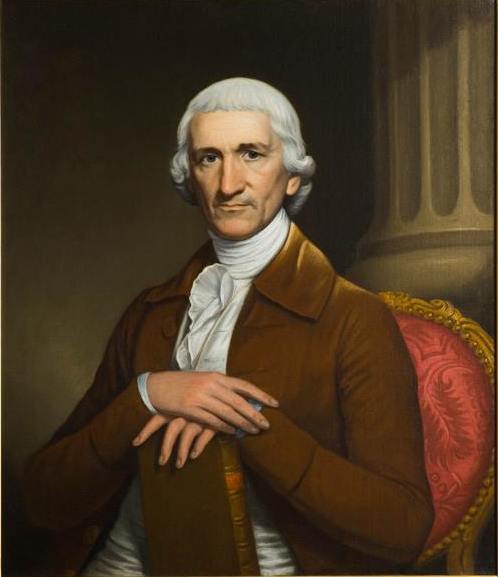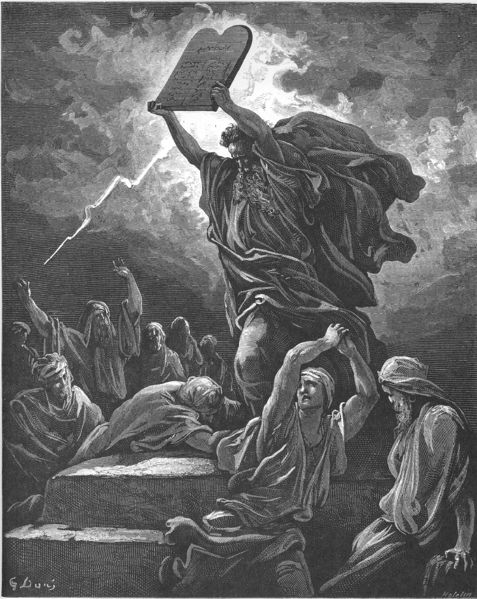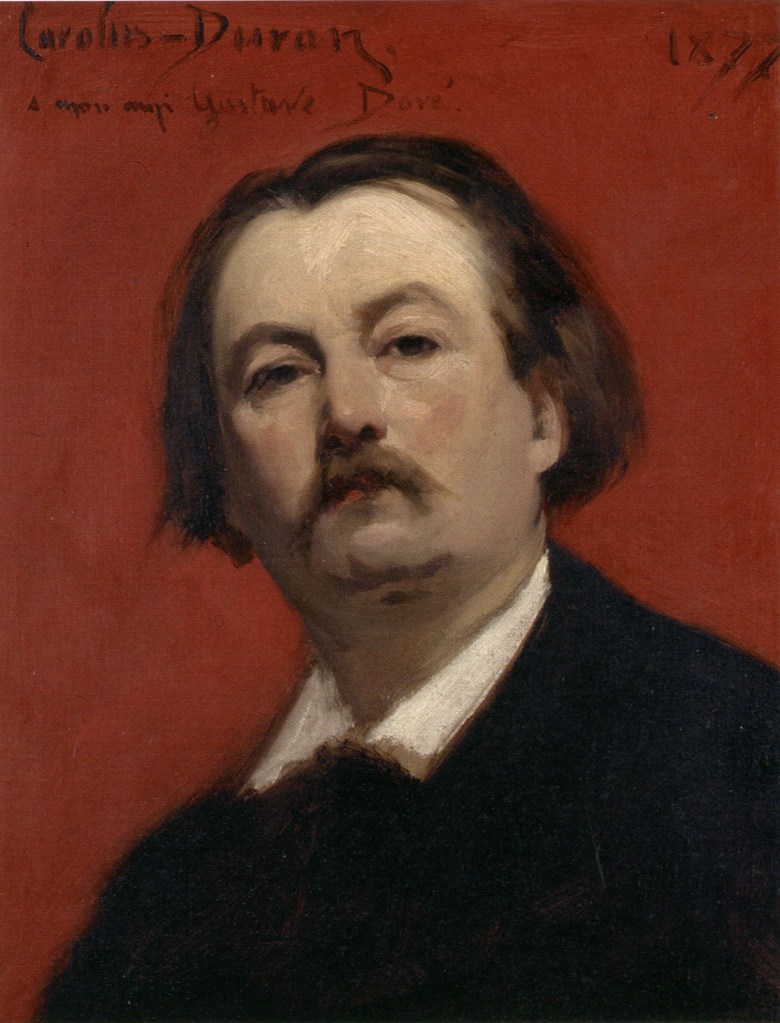The terroristic threats of Ms. Ruby Freeman and her daughter, Wandrea “Shaye” Moss, in Fulton County, Georgia did not come directly from Rudy Giuliani. “America’s Mayor” of 9/11 fame did not tell anyone in particular to do anything in any particular way at any particular time or place. He neither directed nor suggested the phone calls, emails, and text messages that threatened the two Georgia election workers he claimed were “surreptitiously passing around USB ports as if they’re vials of heroin or cocaine.” They were “engaged in surreptitious illegal activity.”
It was, in fact, America’s Mayor who was engaged in surreptitious illegal activity. Mr. Giuliani admitted under oath that his story about the USB port was false but, moments later, speaking publicly to reporters outside the courtroom, he switched back to the old story, saying it was real. He had just shot himself in the foot, handing fresh evidence to the prosecution’s case and undermining his lawyers’ defense strategy. Rudy Giuliani seemed confused.
Perhaps it’s his age. He’s lost a step or two. Maybe dementia, maybe not. Maybe just the memory loss that comes with getting older. Whatever lay behind the switch from admission to denial, the result was the same. Under oath, he was guilty; outside the courtroom, in the court of public opinion, he claimed innocence, and said his statements were protected under the First Amendment right to free speech.
Could America’s Mayor be held accountable for the terroristic threats that sent a mother and daughter to live in fear for their lives? Appearing before the House special committee on January 6, what happened and what didn’t happen was summed up in two questions and answers. Question: “Ms. Moss, what was it that passed between you and your mother that day?” Answer: “A ginger mint.” Describing how their lives have been affected, the answer was clear. “I don’t feel safe anywhere.”
Stochastic Terrorism
There is a name for what took place in Georgia and what is happening now across the country. Stochastic terrorism, as Author David Neiwert defined it in a 2018 interview with Salon, is a form of domestic terrorism that evades being held responsible for the violence it prompts by others.
Scripted violence is where a person who has a national platform describes the kind of violence that they want to be carried out. He identifies the targets and leaves it up to the listeners to carry out this violence. It is a form of terrorism. It is an act and a social phenomenon where there is an agreement to inflict massive violence on a whole segment of society. Again, this violence is led by people in high-profile positions in the media and the government. They’re the ones who do the scripting, and it is ordinary people who carry it out.
Author David Neiwert interview with Salon, Nov. 1, 2018

“Proud Boys, if you’re listening, stay back and stand down.” The Proud Boys and the Oath Keepers stayed back and stood down until the president’s tweet invited patriotic American to the Capitol January 6 to “Stop the Steal”. “Be there! It will be wild!”
“There’s a lot of people here willing to take orders. If the orders are given, the people will rise up.” “Our president wants us here,” says a man from a livestream video standing within the Capitol building, “we wait and take orders from our president.’” “We have to have peace,” says President Trump to the January 6 marauders, “So go home, we love you, you’re very special.”
Most people storming the US Capitol on January 6 were “ordinary people” led to confuse violence with protest, insurrection with patriotism, scapegoating with allegiance to the constitution and the rule of law –- unwitting agents of a scheme of violence scripted “by people in high-profile positions in the media and government,” sometimes against others in high-profile positions. “Hang Mike Pence! Hang Mike Pence!” “Stop the steal! Stop the Steal!”
Within hours the noose came down; the threat of domestic terrorism did not. Indicted and scheduled for trial in Florida, New York, Georgia and Washington, D.C., the former president mocks court orders to refrain from targeting judges, prosecutors, court staff, grand jury members, witnesses, potential witnesses, and poisoning the jury pool. Four of the 19 criminal codefendants in the Georgia RICO case (Scott Hall, Kenneth Cheseboro, Sydney Powell, and Jenna Ellis) have pleaded guilty and become witnesses for the prosecution. In Washington, D.C., former White House Chief of Staff Mark Meadows has agreed to immunity after testifying before the federal grand jury in the case prosecuted by DOJ special counsel Jack Smith regarding efforts to overturn the 2020 election.
Meanwhile, the defeated former president stays on script promoting the sham of innocence and claiming his First Amendment rights have been violated by gag orders issued to protect others from harm, while misleading “ordinary people” to confuse the right to free speech with a duty to take it upon themselves to carry out Mr. Trump’s will in whatever ways they choose to make America great again
The genius of stochastic terrorism is that it bumps up against laws re: incitement to riot but doesn’t step across the line that holds people accountable. The way stochastic terrorism talks is a bit like the serpent in the Garden of Eden story. It sows the seeds of confusion and chaos. When Michael Cohen, President Trump’s long-time fixer and lawyer, testified before congress, he said that Donald Trump doesn’t talk like other people. “Donald speaks in code,” he said. Like a Mob boss, he doesn’t speak directly. He tells you what he wants without telling you.
Stochastic terrorism does not end in a courtroom. It walks the streets. It huddles in the basement of the U.S. Capitol. It speaks of law and order while eroding public trust in the legitimacy of the courts and the rule of law. It puts the squeeze on a Speaker of the House, ensuring his failure, and turns the Speaker’s gavel over to a little-known Christian nationalist, a member of the insurrection pack who cheers for the Alpha wolf as he rides the wave of stochastic terrorism to the Oval Office.
— Gordon C. Stewart, Views from the Edge, Dec. 14, 2023


















